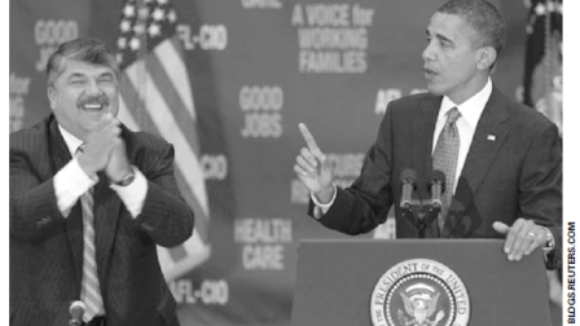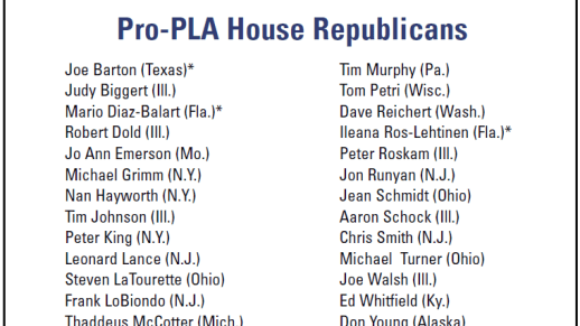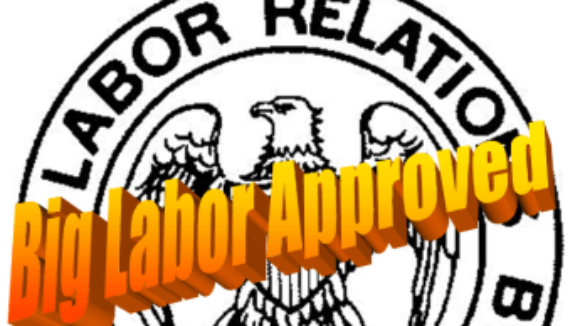Forced-Unionism Issue Looms Large For 2012
Right to Work Committee Begins Lobbying Presidential Hopefuls (Source: July 2011 NRTWC Newsletter) This summer, New Hampshire is the site of an extended battle over the Right to Work issue, as pro-Right to Work citizens seek to secure two-thirds majority votes in the state House and Senate to override Big Labor Gov. John Lynch's veto of legislation (H.B.474) prohibiting compulsory union dues and fees. Because Right to Work has been in the New Hampshire news since both chambers of the state's General Court approved H.B.474 earlier this year, WMUR-TV (ABC) news anchor Josh McElveen decided to bring up the issue at the June 13 GOP presidential debate at St. Anselm College in Manchester, N.H. Mr. McElveen asked former Minnesota Gov. Tim Pawlenty, one of the seven 2012 presidential hopefuls participating in the debate, whether he would, if elected, support "a federal Right to Work law." Mr. Pawlenty ignited the debate's longest and most enthusiastic round of applause with his response: "We live in the United States of America, and people shouldn't be forced to belong [to] or be a member in any organization, and the government has no business telling people what group you have to be a member of or not. "I support strongly Right to Work legislation."



